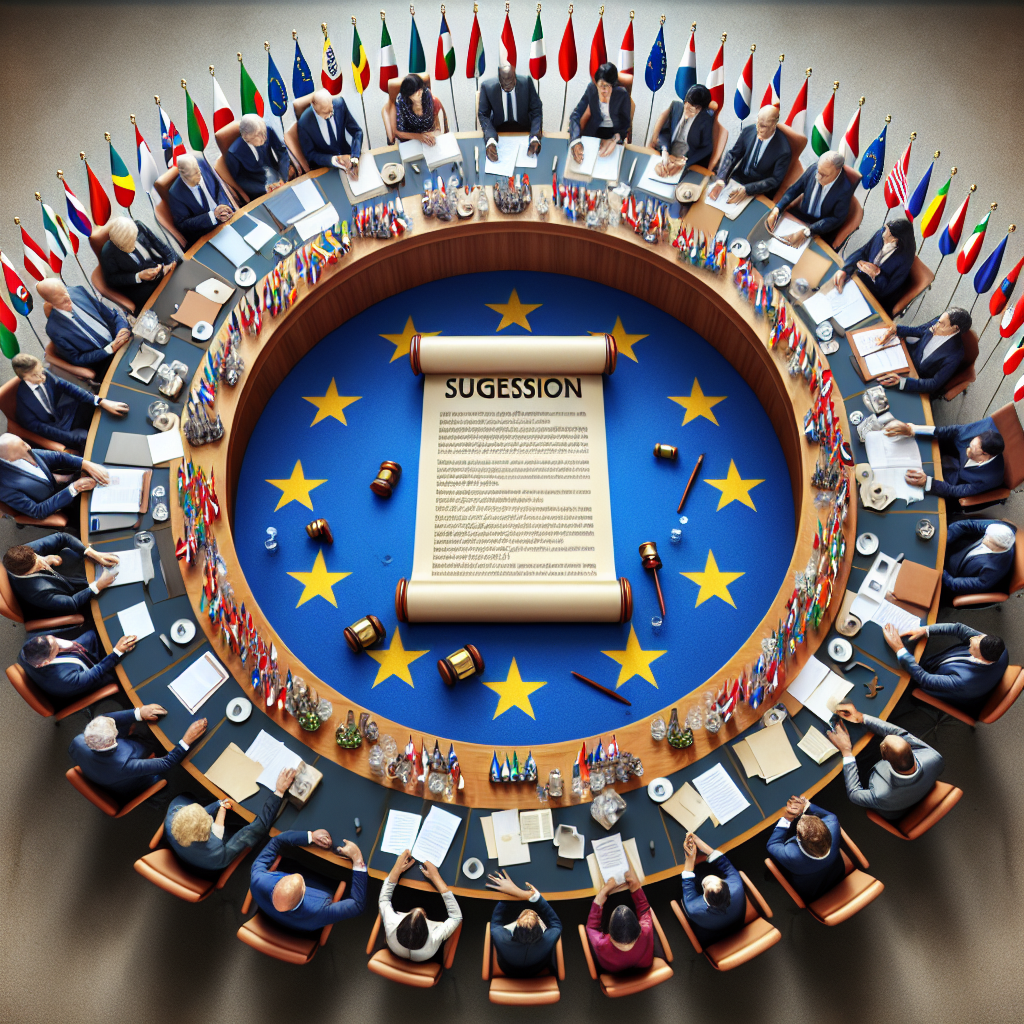EU Intensifies Efforts on Internal Security: Revamping Europol's Role
The European Commission plans to expand Europol's role, enhancing access to data and improving internal security. Addressing geopolitical and digital crime threats, the Commission calls for increased resources for law enforcement, strengthening Eurojust and Frontex, and securing critical infrastructure. A legislative proposal to transform Europol is slated for 2026.

The European Commission announced plans on Tuesday to enhance the capacities of Europol in an effort to bolster the European Union's internal security framework. The initiative aims to expand law enforcement's access to data, addressing challenges such as geopolitical threats, organized crime, and terrorism.
With a new strategy focusing on resource allocation and empowerment of EU agencies, the Commission emphasizes the need for Europol to evolve into a comprehensive operational police agency. Executive Vice President Henna Virkkunen highlighted the necessity of equipping law enforcement with modern tools while balancing privacy and data access.
Looking towards 2026, the Commission will propose legislative changes to transform Europol, alongside strengthening the border agency Frontex and revising Eurojust's operations, ensuring the protection of critical infrastructures across member states.
(With inputs from agencies.)










